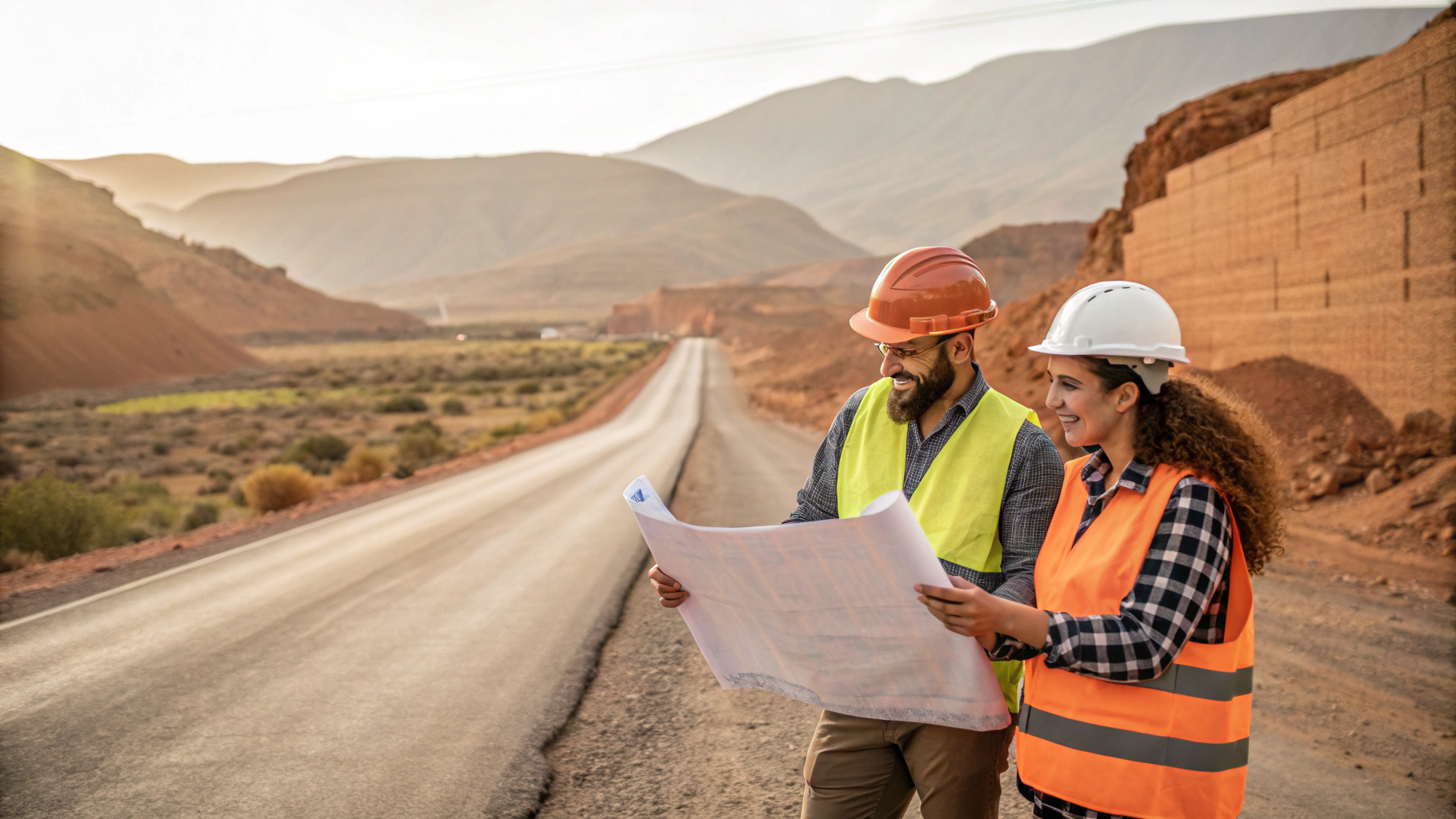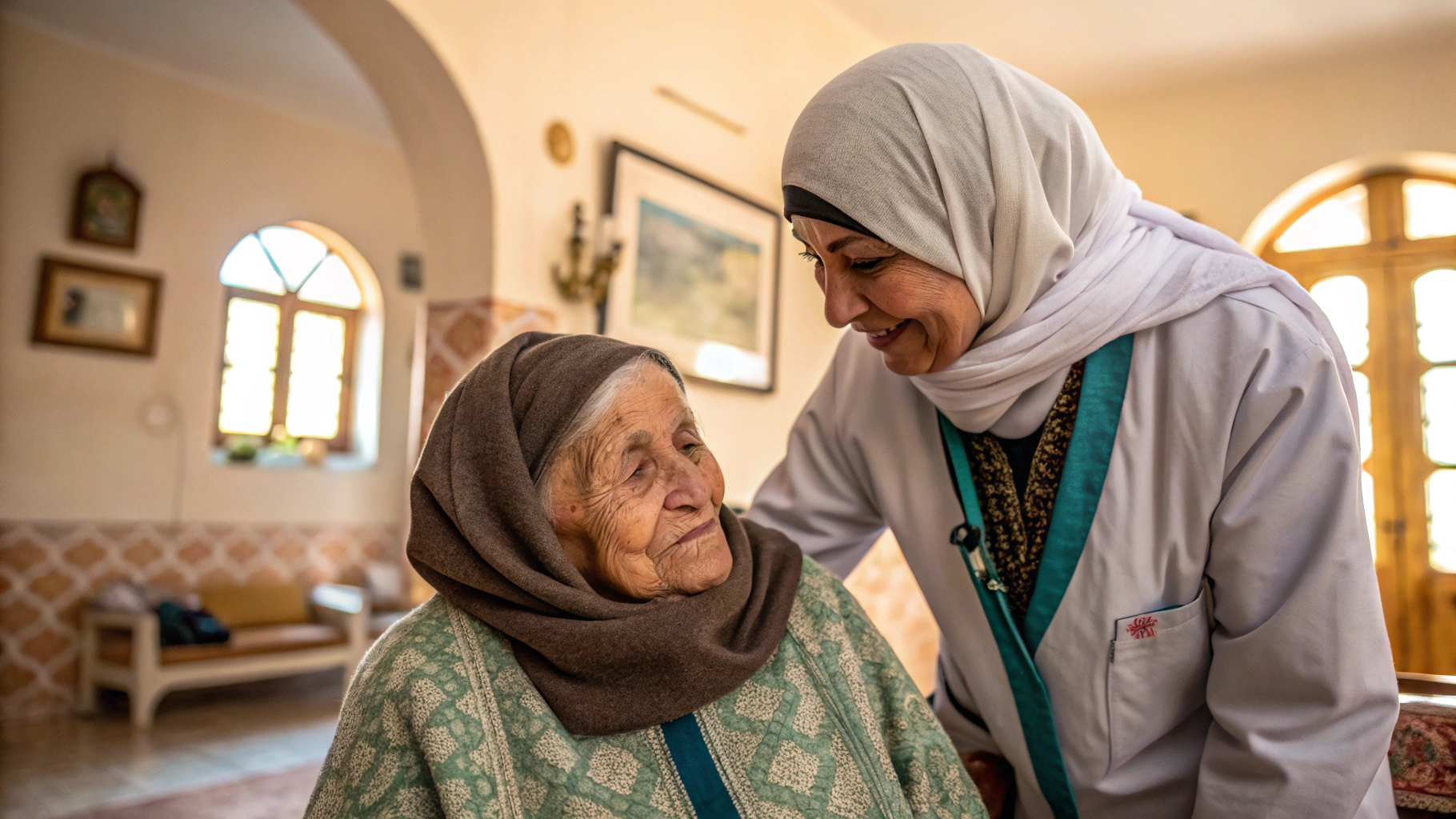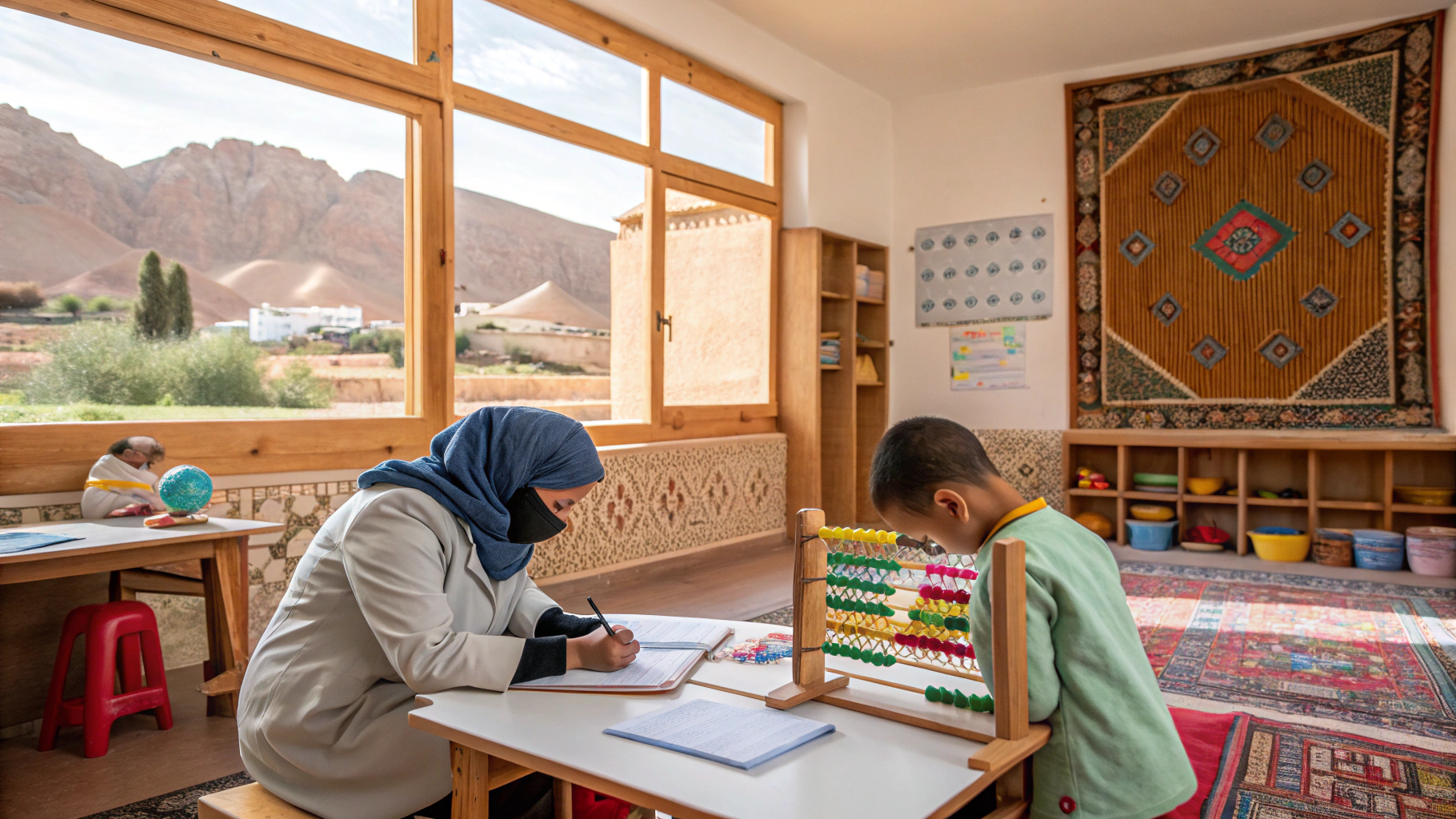Ministry of the Interior in Tinghir Province
Ministry of the Interior in Tinghir Province
The Ministry of the Interior in Tinghir Province plays a key role in local governance and development. It oversees the implementation of national policies and programs at the regional level, ensuring that development projects align with the needs of local communities. The Ministry works closely with local authorities to promote sustainable growth, enhance public services, and foster social cohesion across the province. Its efforts focus on improving infrastructure, public safety, and social welfare, particularly in rural and marginalized areas.

National Initiative for Human Development Tinghir Province
The National Initiative for Human Development (INDH) is an ambitious royal project launched by His Majesty King Mohammed VI on May 18, 2005, with the aim of combating poverty and reducing social and spatial disparities across Morocco. In Tinghir Province, known for its geographical and cultural diversity, the initiative has adopted an integrated approach to improve the living conditions of the population, particularly the most vulnerable groups. The initiative is managed in the province through the Provincial Committee for Human Development, chaired by the governor, in collaboration with local authorities and civil society. Since its inception, it has progressed through three main phases (2005-2010, 2011-2015, 2019-2023) and is currently, as of May 2025, working toward enhancing sustainable development in the region. The initiative in Tinghir focuses on promoting social inclusion, supporting youth and women, and improving infrastructure, with an emphasis on a participatory approach that combines governmental and local efforts.
National Initiative for Human Development Tinghir Province

Reducing Disparities: INDH Program 1 for Infrastructure and Services in Marginalized Regions
- 1. Bridging the Gap: INDH’s Mission to Uplift Marginalized Regions
- 2. Pathways to Progress: INDH Program 1 Tackles Rural Disparities
- 3. From Neglect to Development: INDH's Rural Transformation Drive
- 4. Equity in Action: INDH’s Fight Against Territorial Inequality

Supporting Lives in Fragile Circumstances: INDH’s Human-Centered Approach
- 1. Supporting Lives in Fragile Circumstances: INDH’s Human-Centered Approach
- 2. Empowering the Vulnerable: Tailored Social Interventions That Make a Difference
- 3. From Assessment to Action: INDH’s Path to Sustainable Empowerment
- 4. Personalized Support for Marginalized Groups: A Community-Driven Vision

Youth Income Improvement and Economic Integration Program – Tinghir Province
- 1. Unlocking Youth Potential: Economic Integration in Tinghir Province
- 2. From Aspiration to Action: Youth Empowerment in Tinghir
- 3. Building Futures: Youth Income and Inclusion Program in Tinghir
- 4. Tinghir’s Youth at Work: Pathways to Economic Empowerment

Promoting Human Capital for Future Generations
- 1. Investing in the Future: Comprehensive Support for Childhood and Education in Tinghir
- 2. From Early Care to School Success: INDH’s Integrated Educational Path in Rural Tinghir
- 3. Equal Start, Equal Chances: Empowering Rural Children Through Education and Health
- 4. Breaking Barriers: Enhancing Early Development and Combating Dropout in Tinghir
This integrated initiative, under the National Initiative for Human Development (INDH) in Tinghir Province, focuses on three strategic axes to ensure a strong educational foundation for children in rural and vulnerable communities.
Axis 1: Early Childhood Development promotes health, nutrition, and early stimulation to foster children's cognitive and physical growth from the earliest years.
Axis 2: Support for Preschool Education in Rural Areas aims to expand and enhance access to quality preschool services by building facilities, training educators, and improving learning environments.
Axis 3: Supporting Schooling and Combating Dropout targets the root causes of school dropout through tailored support for students and families, improving access and retention in the education system.
Together, these actions aim to reduce social disparities, promote equal opportunities, and empower future generations through inclusive and sustainable education


